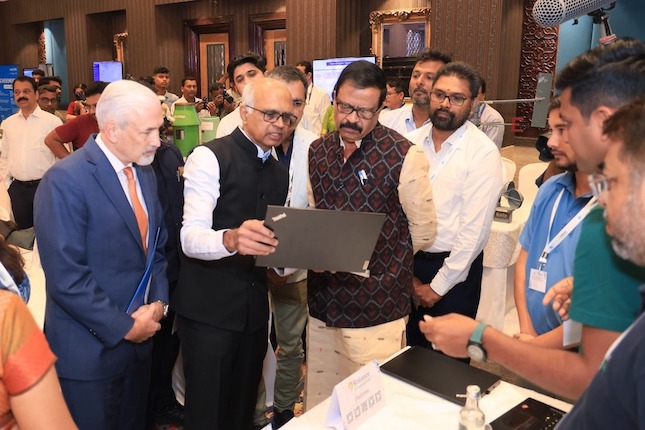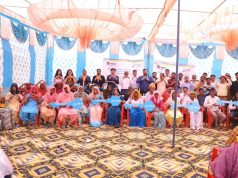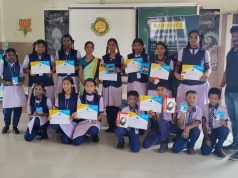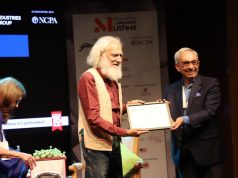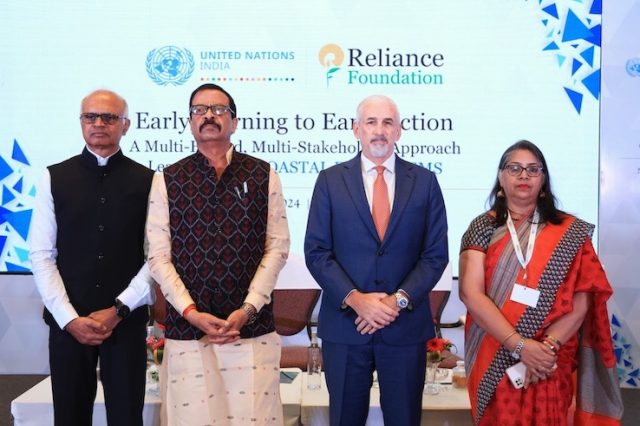
Home
Press Release Early Warning, Early Action: Reliance Foundation – UN India convening brings experts,...
Early Warning, Early Action: Reliance Foundation – UN India convening brings experts, ideas together in Odisha

Building new ideas to strengthen early action during disasters, Reliance Foundation and the United Nations India convened stakeholders from the Global South to deliberate multi-hazard, multi-stakeholder approaches to early warning, here today.
The Odisha convening, titled ‘Early Warning to Early Action – A Multi-Hazard, Multi- Stakeholder Approach: Learning from Coastal Ecosystems’, is the first in a series of convenings that Reliance Foundation and the UN India are organising. The gathering highlighted Odisha’s leadership in early warning and early action in a disaster-prone coastal area with focus on livelihoods and gender.
Experts from state and national disaster management agencies including the National Disaster Management Authority, India Meteorological Department and Indian National Centre for Ocean Information Services, UN organisations, researchers, policy experts, academia and non- governmental organisations were part of in-depth discussions.
